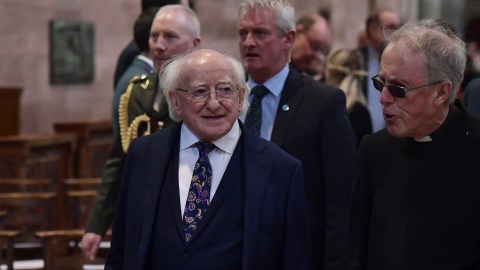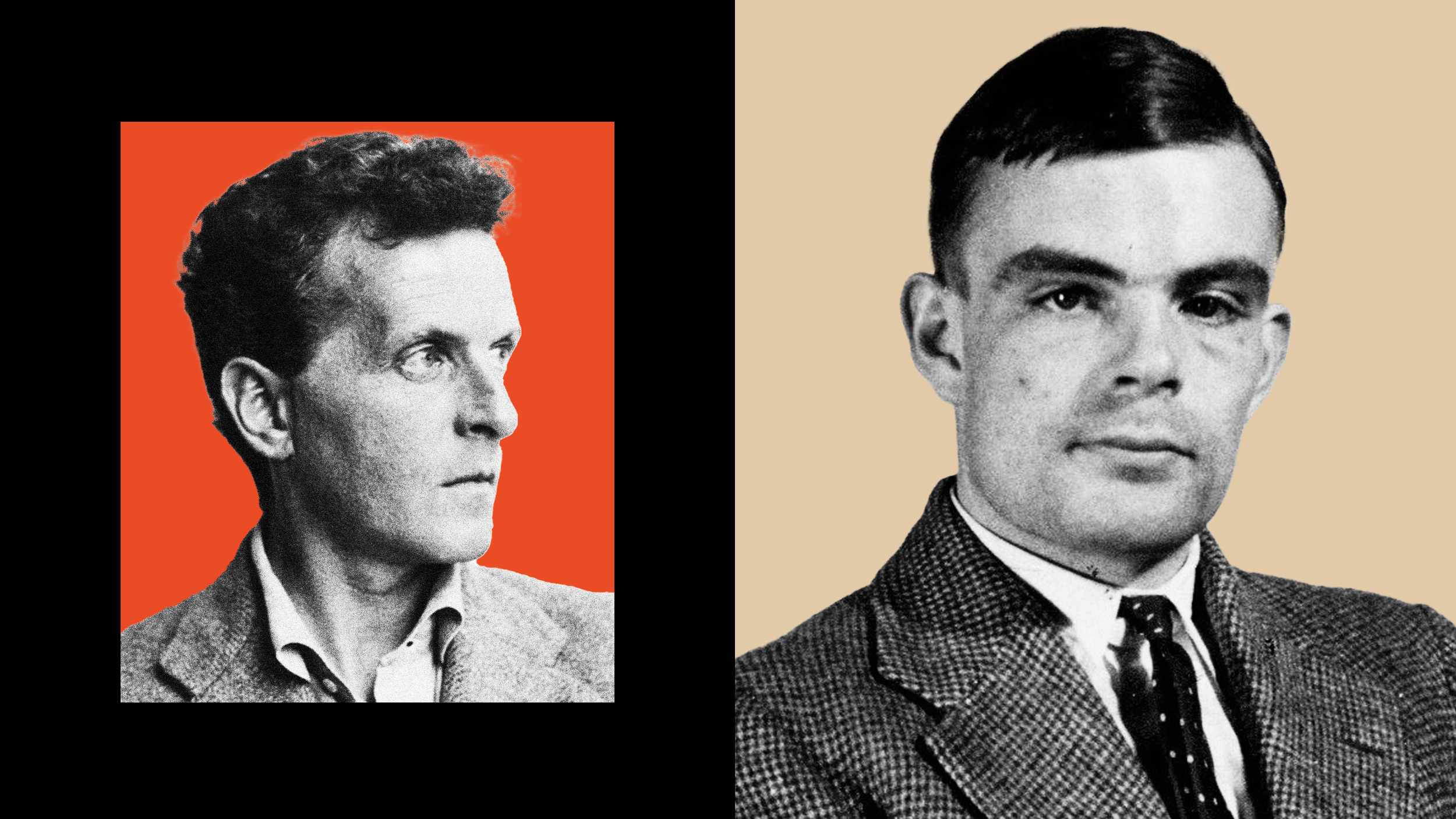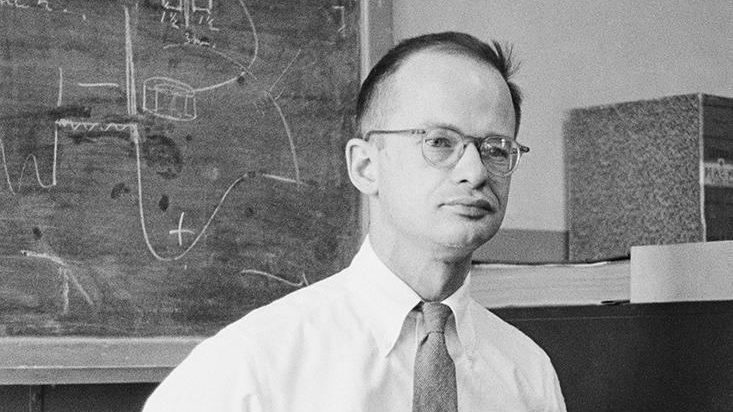You weren’t born just to be ‘useful,’ Irish president tells students

Photo credit: Charles McQuillan / Getty Images
- President of Ireland Michael D. Higgins calls for students to be thought of as more than tools made to be useful.
- Higgins believes that philosophy and history should be a basic requirement forming a core education.
- The Irish Young Philosopher Awards is one such event that is celebrating this discipline among the youth.
While attending the Irish Young Philosopher Awards 2019, the president of Ireland, Michael D. Higgins, had some choice words for the burgeoning young students. Higgins cautioned against getting an education with the intent of being “made useful” economically speaking:
“Talk of a ‘knowledge society’ and the demand to enable our young people to meet its needs has… come to dominate our view as the ultimate aim of a secondary school education. We need to be careful.”
Higgins is a strong advocate for teaching more philosophy in schools — not just organizing a curriculum that prepares students for the workplace.
Need for a fully rounded education
This kind of sentiment has been echoed before by many leading philosophers, pundits and teachers throughout the latter half of the 20th century. The idea is that the education system has lapsed in its initial purpose.
What was once a place to become verse in the classics, gain an understanding of basic history logic, mathematics and so on has instead gave way to a hyperspecialized trade school for knowledge workers. Workers that will just be mere cogs and serve an economic function.
Again, Higgins spoke of the the idea that, “too many policy lobbyists have, often unknowingly, unthinkingly perhaps, accepted a narrow and utilitarian view of… education — one that suggests we exist to be made useful — which leads to a great loss of the capacity to critically evaluate, question, and challenge.”
There has been a diverse chorus of voices ringing the alarm on the deterioration of education as it’s being replaced with the idea just to be made useful.
Education has become a prisoner of contemporaneity. It is the past, not the dizzy present, that is the best door to the future. ― Camille Paglia
It is within this sphere of the contemporary where we can’t lose focus from the past visions of the great. Philosophy and history is one such area that needs to be upheld. As Higgins rightfully critiques, there is no sense of history or philosophical know-how instilled in young students anymore. Philosophy has almost gotten just as bad a wrap as mathematics. These modes of thought are one of the most important anchoring forces that ground us in demonstrable logic.
Luckily, it seems that this type of renewal — grounding our education in learning for learning’s sake seems to be gaining steam.
Young philosophers in action
This is the second year of awards for this type of event. The Irish Young Philosophers Awards was created as an alternative for the annual young scientists exhibition. Dr. Danielle Petherbridge, an event organizer said that the participants had already doubled in the past year with 350 finalists chosen for the festival.
This year, Higgins presented the award to 16-year-old Lauren Doyle from Mount Sackville Secondary school. The work that won was titled “Why is nature beautiful and why do we destroy it?”
Echoing again his support for philosophy in schools, Higgins stated:
“The neglect of philosophy has had such far reaching consequences, putting limits, even diminishing the learning of so many subjects, thus depriving young people of so much of the enrichment of learning, of what the great philosopher Edward Said called the riches that lie in the interstices between subjects.”





